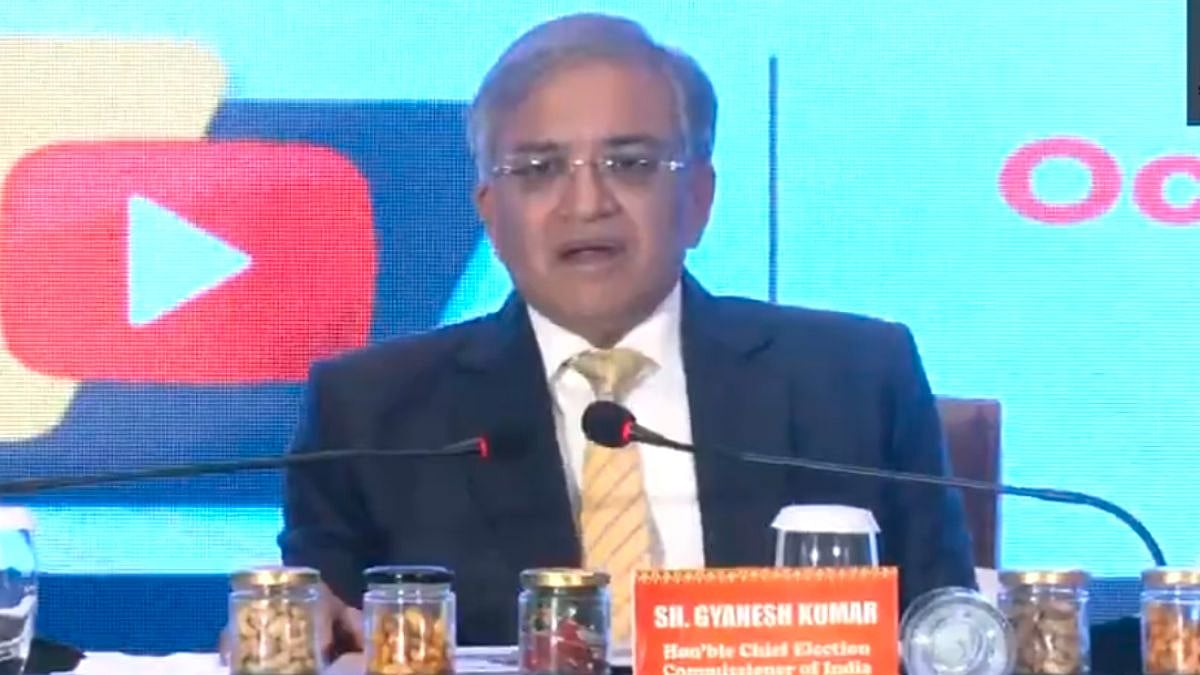Dharamsala: China expressed “strong concern” even as a US Congressional delegation led by House Foreign Affairs Committee Chairman Michael McCaul arrived in Dharamsala on Tuesday to meet Tibetan spiritual leader Dalai Lama. The meeting is scheduled for Wednesday morning. Dharmasala is the seat of Tibet's government in exile.
China also urged President Biden not to sign the Tibet policy bill, which seeks to counter Chinese disinformation on Tibet.
About People Involved In The US Delegation
Apart from McCaul, the US delegation consists of six more prominent US Congressional members, namely, Nancy Pelosi (Speaker emeritus), Mariannette Miller, Gregory Meeks, Nicole Malliotakis, Jim McGovern, and Ami Bera.
After arrival at the Gaggal Airport here, McCaul expressed enthusiasm about the visit and said, "We are excited at the prospect of meeting His Holiness the Dalai Lama and talk about many things, including the bill which was passed by the Congress; it essentially says that the United States of America stands with the people of Tibet."
Asked if US President Joe Biden would sign the bill, McCaul said, "Yes, he will."
China Warns Of Resolute Measures
China also warned of "resolute measures" in case the bill was signed. The bill would direct funds to counter what it calls "disinformation" from Beijing about Tibet's history, people, and institutions.
Chinese Foreign Ministry spokesperson, Lin Jian, while reacting to the US delegation visit, told a media briefing here: "The 14th Dalai Lama is not a pure religious figure, but a political exile engaged in anti-China separatist activities under the cloak of religion."
"We are gravely concerned over the relevant reports and urge the US side to fully recognise the anti-China separatist nature of the Dalai group, honour the commitments the US has made to China on issues related to Xizang, have no contact with the Dalai group in any form, and stop sending the wrong signal to the world", he said.

Claiming that Tibet has been part of China since ancient times, Lin said it always remained China's territory and "Tibet-related affairs are purely China's internal affairs that brook no external interference."
"No one and no force should ever attempt to destabilise Tibet to contain and suppress China. Such attempts will never succeed," he said.
"We urge the US side to adhere to its commitments of recognising Xizang as part of China and not to support 'Xizang independence.' The US must not sign the bill into law. China will take resolute measures to firmly defend its sovereignty, security, and development interests," he said without elaborating.
China On Holding Talks With Officials Of The Tibetan Govt In Exile
China in April this year said it would talk only with the representatives of the Dalai Lama and not the officials of the Tibetan government in exile based in India. At the same time, China ruled out dialogue on the Dalai Lama's long-pending demand for autonomy for his remote Himalayan homeland. After a failed anti-Chinese uprising in 1959, the 14th Dalai Lama fled Tibet and came to India where he set up the government-in-exile.










